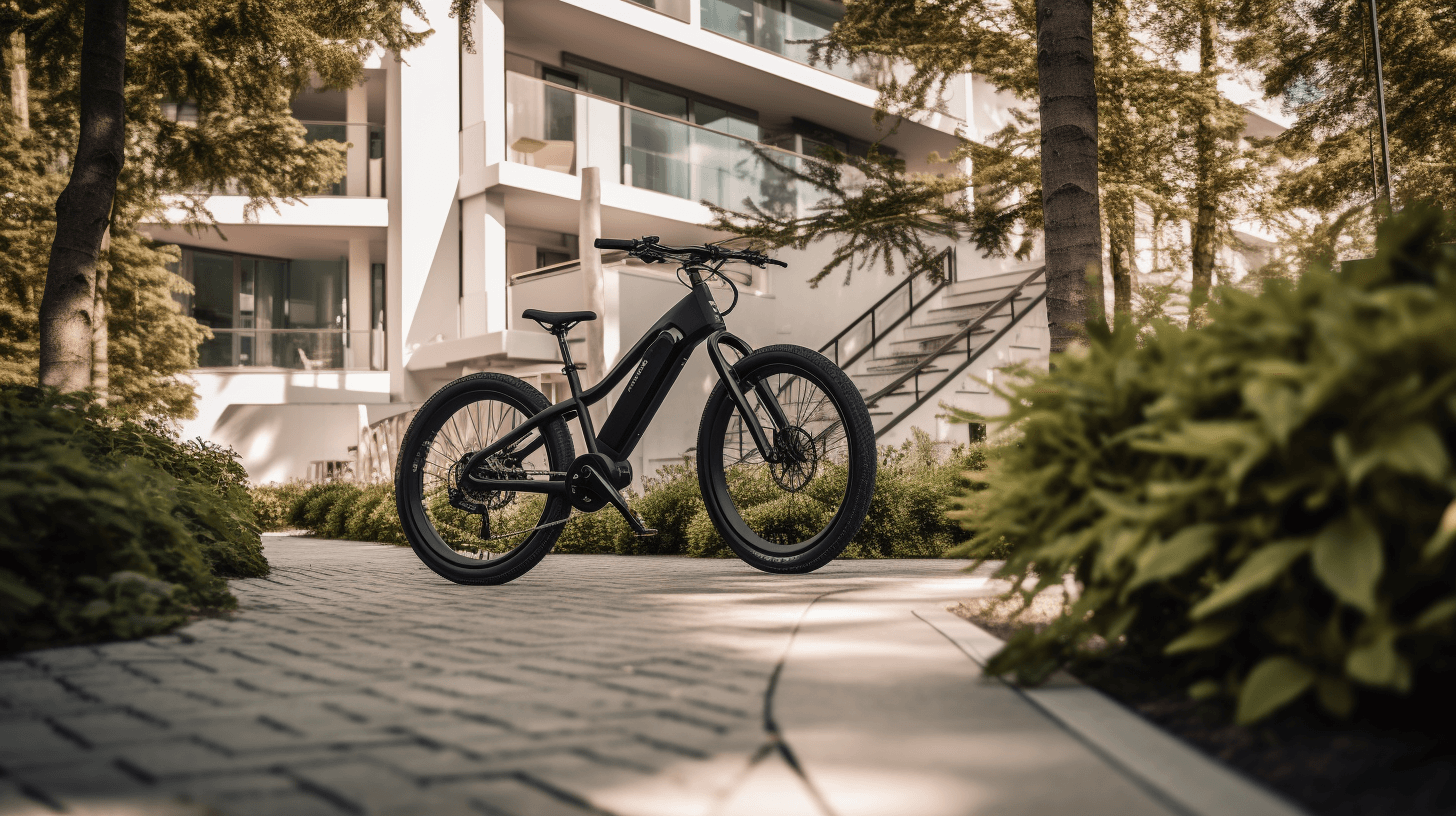Discovering the Potential of Hydro Energy Power
As the world seeks to transition from fossil fuels to renewable energy sources, the importance of hydro energy power cannot be overstated. With a long history of powering civilizations and a vast potential for future growth, hydro energy solutions offer sustainable and reliable power generation options for our modern world.
What is Hydro Energy?
Hydro energy, also known as hydropower, is a form of renewable energy that harnesses the power of flowing water to generate electricity. The force of the water turns turbines, which then convert the kinetic energy into electrical energy.
History of Hydro Energy Utilization
The use of water power can be traced back thousands of years, with waterwheels employed in ancient civilizations for irrigation and milling purposes. The advent of the electrical generator in the 19th century paved the way for the large-scale use of hydro power in the form of hydroelectric plants.
Harnessing the Power of Water
Hydro energy is generated by capturing the natural movement of water and using it to turn turbines that generate electricity. This can be achieved through several methods, ranging from large-scale hydroelectric power plants to smaller, community-based systems.
Hydroelectric Power Plants
These large-scale facilities are typically built on rivers, with the power generated depending on the flow and height of the water. A dam is usually constructed to create a reservoir, allowing for controlled water release and consistent electricity generation.
Micro-Hydro and Small-Scale Hydro Systems
For communities or rural areas that may not have access to large hydroelectric plants, micro-hydro and small-scale hydro systems offer a more localized and adaptable solution. These systems generally require less infrastructure and can be integrated into existing water management systems.
Advancements in Hydro Energy Technologies
As the demand for renewable energy increases, advancements in hydro energy harvesting technology continue to develop, offering innovative solutions for harnessing the power of water.
Pumped-Storage Hydroelectricity
This technology utilizes excess energy from other renewable sources, such as solar or wind, to pump water uphill into a reservoir. The stored water can then be released to generate hydroelectric power when demand is high.
Tidal Power and Wave Energy Conversion
By capturing the energy of ocean tides and waves, these emerging technologies offer an alternative method for generating energy. As technology advances, it has the potential to contribute significantly to the global renewable energy mix.
The Environmental Impact from the Hydro Energy Harvesting
While hydro energy power offers a cleaner alternative to fossil fuels, it’s essential to consider its environmental impact and work to mitigate any adverse effects.
Positive Effects on the Environment
Hydro energy power generates electricity without producing greenhouse gas emissions or air pollution. Additionally, the reservoirs created by hydroelectric dams can serve multiple purposes, such as providing water for irrigation, flood control, and recreational activities.
Challenges and Possible Solutions
Despite its many advantages, hydro energy power also presents some environmental challenges. Dam construction can disrupt local ecosystems, impacting fish migration and altering natural habitats. However, innovative solutions like fish ladders and turbine designs that minimize environmental impact can help address these concerns.
The Future of Water-Based Renewable Energy
As the global energy landscape evolves, hydro energy continues to play a significant role in meeting our energy needs while promoting environmental sustainability.
Global Trends and Growth
Countries around the world are investing in hydro energy as part of their renewable energy portfolios. With continued advancements in technology and increasing awareness of the importance of renewable energy, the hydro energy sector is poised for growth in the coming years.
Innovations and Emerging Technologies
New technologies and improvements in existing hydro energy power systems are constantly emerging, making them more efficient, adaptable, and environmentally friendly. Innovations such as modular hydroelectric generators, low-head turbines, and offshore floating wave energy converters hold great promise for the future of hydro energy power.
Integrating Hydro Energy into a Sustainable Future
As we strive for a more sustainable future, hydro energy power has a crucial role to play, providing reliable and clean energy for communities and industries worldwide.
Benefits for Communities and Industries
By investing in hydro power, communities can benefit from a reliable and sustainable source of electricity, reducing their reliance on fossil fuels and contributing to a cleaner environment. Industries that rely on large amounts of energy can also benefit from hydro energy power, reducing their carbon footprint and promoting sustainability.
The Role of Hydro Energy in the Energy Transition
As the global community works towards a cleaner and more sustainable energy future, hydro energy power remains an essential component of the renewable energy mix. Integrating hydro energy solutions with other renewable sources such as solar and wind helps create a diverse and resilient energy system, capable of meeting the world’s growing energy demands.
Join us in exploring the potential of water-based renewable energy by subscribing to our newsletter and staying informed about the latest developments in green energy. Continue reading our recommended articles to learn more about this vital resource and the innovative solutions shaping our sustainable future.




